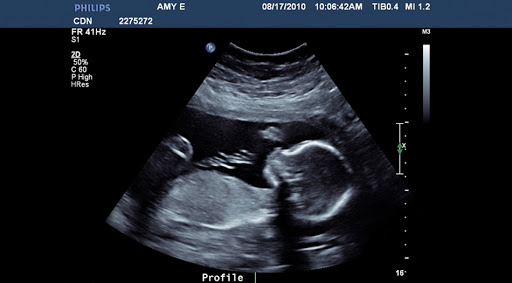Lenten Campaign 2025
This content is free of charge, as are all our articles.
Support us with a donation that is tax-deductible and enable us to continue to reach millions of readers.
The state of Tennessee will have a new law giving unborn children some of the greatest protection in the United States. Tennessee’s Senate overwhelmingly voted to pass a bill that prohibits abortion after a fetal heartbeat can be detected. This is normally around six weeks gestation.
The law also will prohibit abortions if the doctor knows a woman is seeking the procedure on the basis of the child’s sex or race, or if she doesn’t want to bring the pregnancy to term because the unborn child has a diagnosis of Down Syndrome.
Tennessee’s new law also will prohibit juveniles in custody of the Department of Children’s Services from having abortions, and remove the current option to petition a judge for permission.
The only possibility for an exception to the new rules is if a pregnant woman’s life is in danger, but not rape or incest.
Finally, the law requires abortion clinics to post a sign in the waiting room and in patient rooms indicating that it might be possible to reverse a chemical abortion. Clinics that fail to do this face a $10,000 fine.
The American Civil Liberties Union promised to challenge the bill in court.
“The Tennessee General Assembly’s passage of this dangerous, flatly unconstitutional bill is unacceptable,” Hedy Weinberg, executive director of the American Civil Liberties Union of Tennessee, said Friday. “Lawmakers used this measure in a game of political maneuvering to pass the state budget — pushing it through without regard for the actual Tennesseans who will be denied access to the care they need, including abortion.”
The Tennesean reported that the bill, part of Gov. Bill Lee’s legislative agenda, was largely abandoned earlier this spring amid the coronavirus pandemic, but that it “found new life through last-minute budget negotiations between the House and Senate on Thursday. … The bill was passed with Senate rules suspended, as it wasn’t on the chamber’s legislative calendar, and without any members of the public present.”
Gov. Lee tweeted his appreciation for passage of the bill, saying, “One of the most important things we can do to be pro-family is to protect the rights of the most vulnerable in our state, and there is none more vulnerable than the unborn.”

